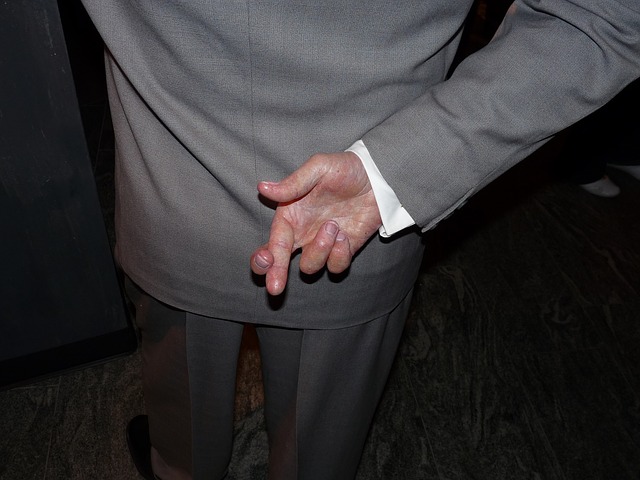
When selling a property in this country, you have to fill out a TA6 form, which includes this question:
Is the property affected by Japanese knotweed?
☐ Yes
☐ No
☐ Not known
It's important for sellers to answer this question truthfully, because Japanese knotweed is an invasive species that can grow very rapidly and may cause structural damage if it grows through cracks in a wall or foundation. Homes with Japanese knotweed are notoriously difficult to sell, and getting rid of the plant can be an long and costly process.
READ MORE: Selling a House with Japanese Knotweed
Unfortunately, there are some dishonest people out there, and sellers will occasionally feign ignorance of their Japanese knotweed problem for fear that it will complicate the sale. So what should you do if you've discovered Japanese knotweed on your property...and the seller didn't tell you about it?
While you may well be entitled to compensation, it's important to gather as much information as possible before you take action.
Did the seller answer 'No' or 'Not known'?
In early 2020, The Law Society published a new set of guidelines to accompany the TA6 form. According to these guidelines, a seller should only answer 'no' to the aforementioned Japanese knotweed question if they are "certain that no rhizome (root) is present in the ground of the property, or within 3 metres of the property boundary".
It's almost impossible to be 100% certain of that, so even a seller who has never encountered Japanese knotweed on or near their property will probably choose to play it safe and answer 'not known' instead of 'no'. (For further details, see our blog post about the TA6 form changes).
So here's the crucial thing: did the seller actually LIE to you when you bought the property? Or were they simply UNAWARE of the Japanese knotweed on their land?
You may be entitled to compensation if...
- The seller lied by answering 'No' on the TA6 form when, in reality, the property was affected by Japanese knotweed
- The seller answered 'Not known' on the TA6 form and you can prove that they did have knowledge of the Japanese knotweed problem
The seller is NOT liable if...
- They were genuinely unaware that their property was affected by Japanese knotweed, and answered 'Not known' on the TA6 form
- The property became affected by Japanese knotweed after you bought it
Before you attempt to claim any damages from the seller, make sure you know your position and can back it up with evidence. It may be tricky to prove that a seller who answered 'Not known' on the TA6 form actually did know about the Japanese knotweed infestation - consider asking the people who live nearby whether their former neighbour ever mentioned or tried to remove Japanese knotweed from the property.
Alternatively, a specialist contractor may be able to serve as an expert witness and testify that knotweed removal was previously attempted.
Of course, the best way to avoid these issues when buying a house is to carry out a thorough Japanese knotweed survey BEFORE the sale is finalised. The recent changes to the TA6 form guidelines mean that the onus is now on buyers to do this - call Total Weed Control on 029 2039 7554 if you'd like to arrange a visit.
Contact Total Weed Control
Photo from Pixabay
